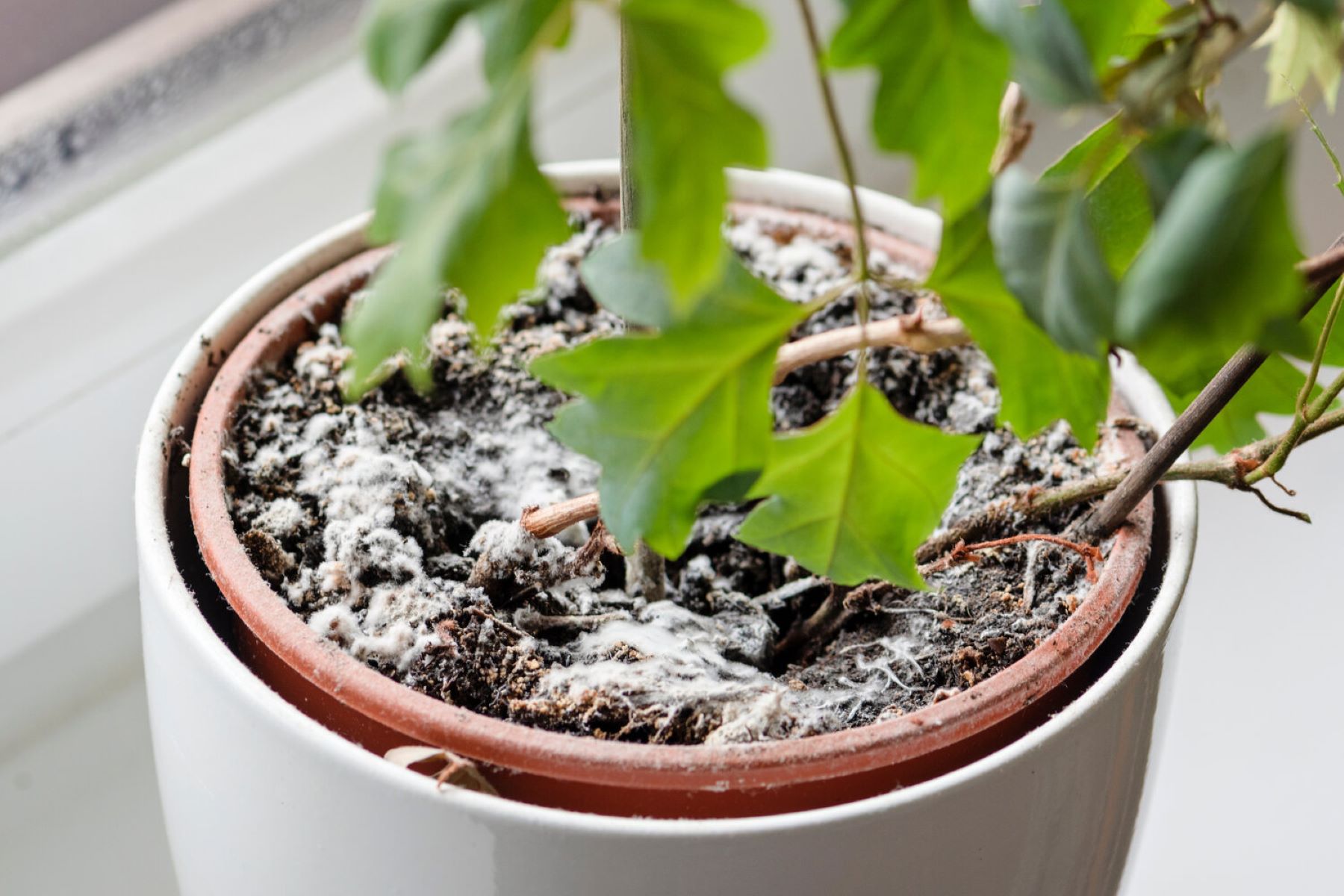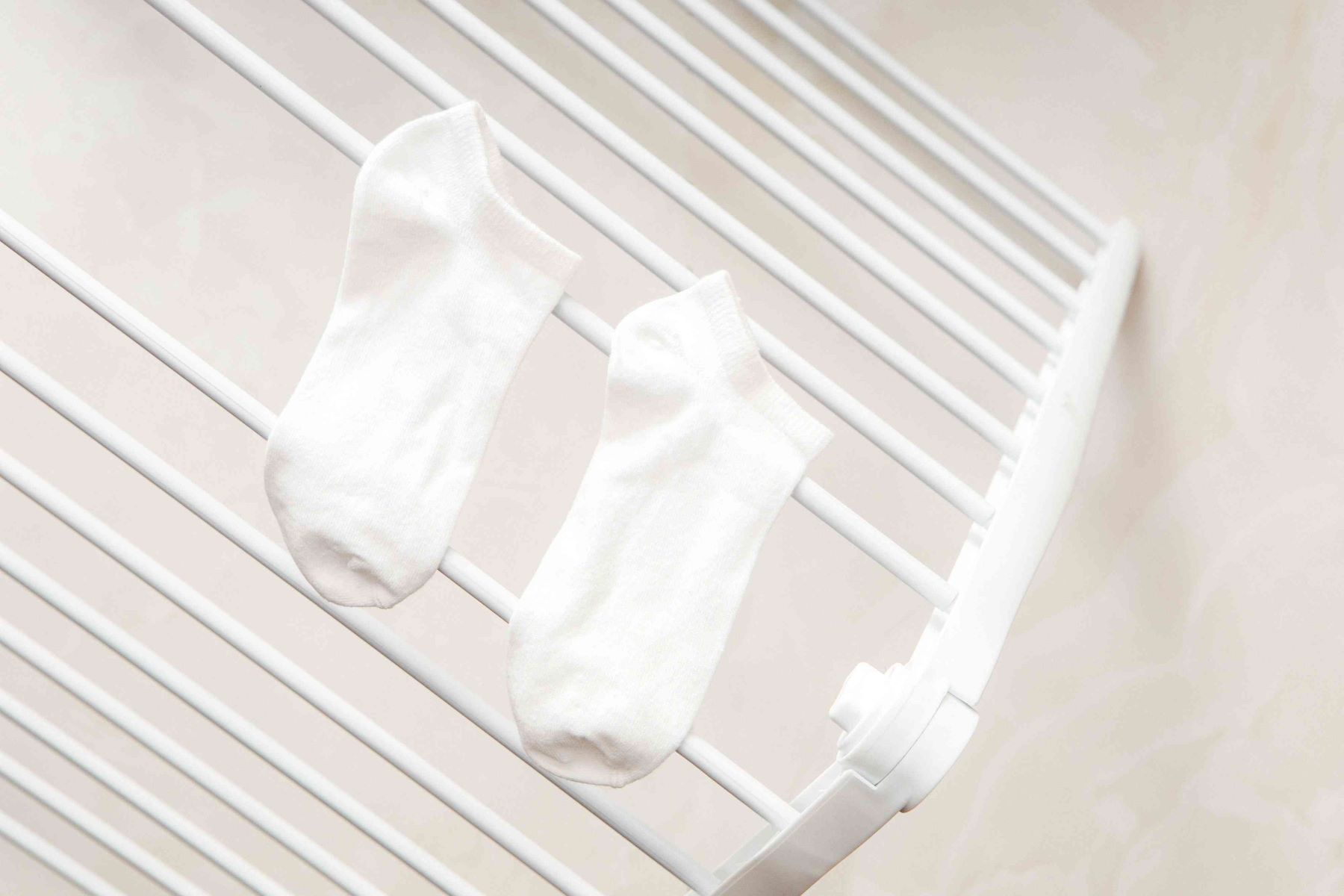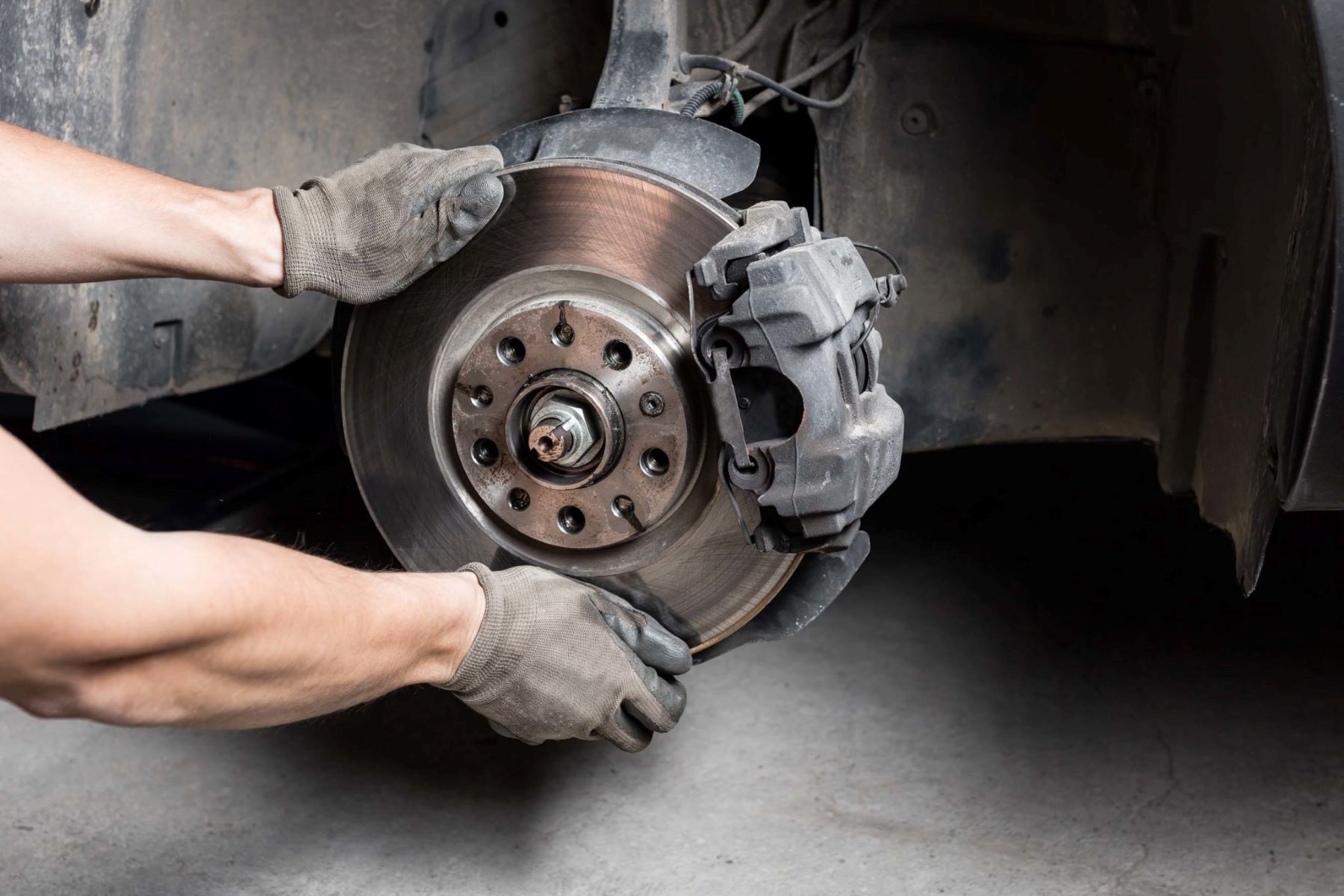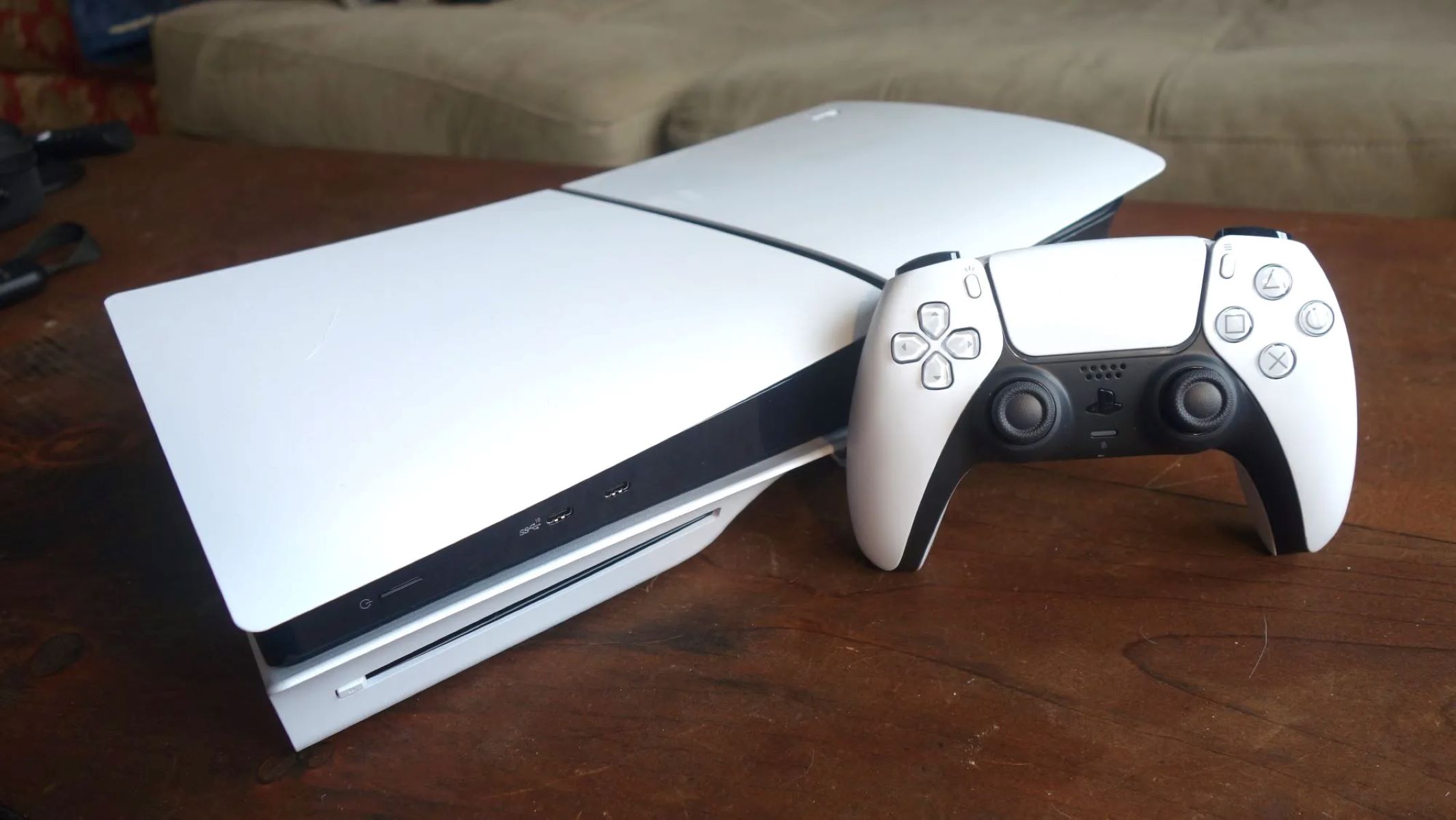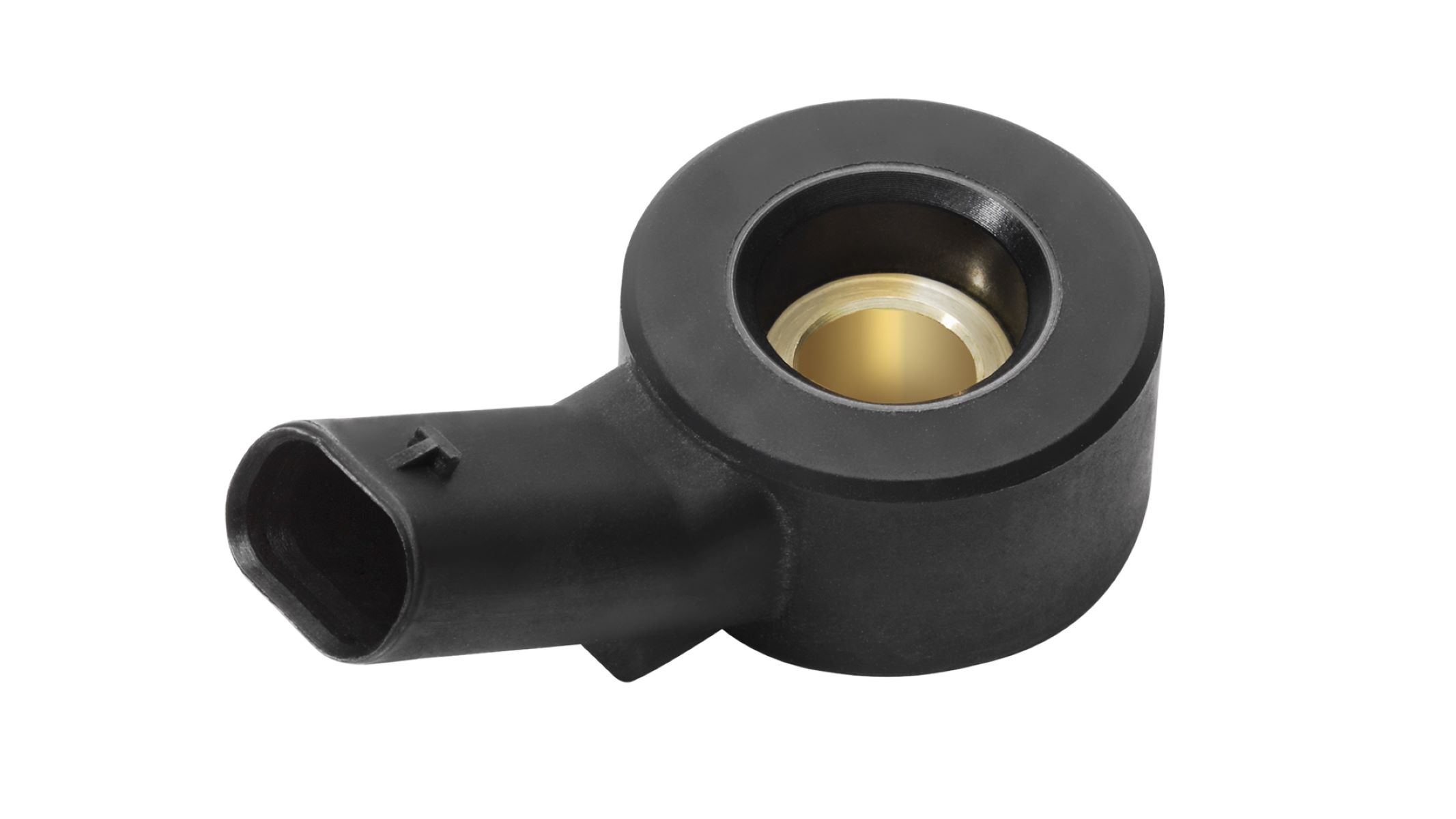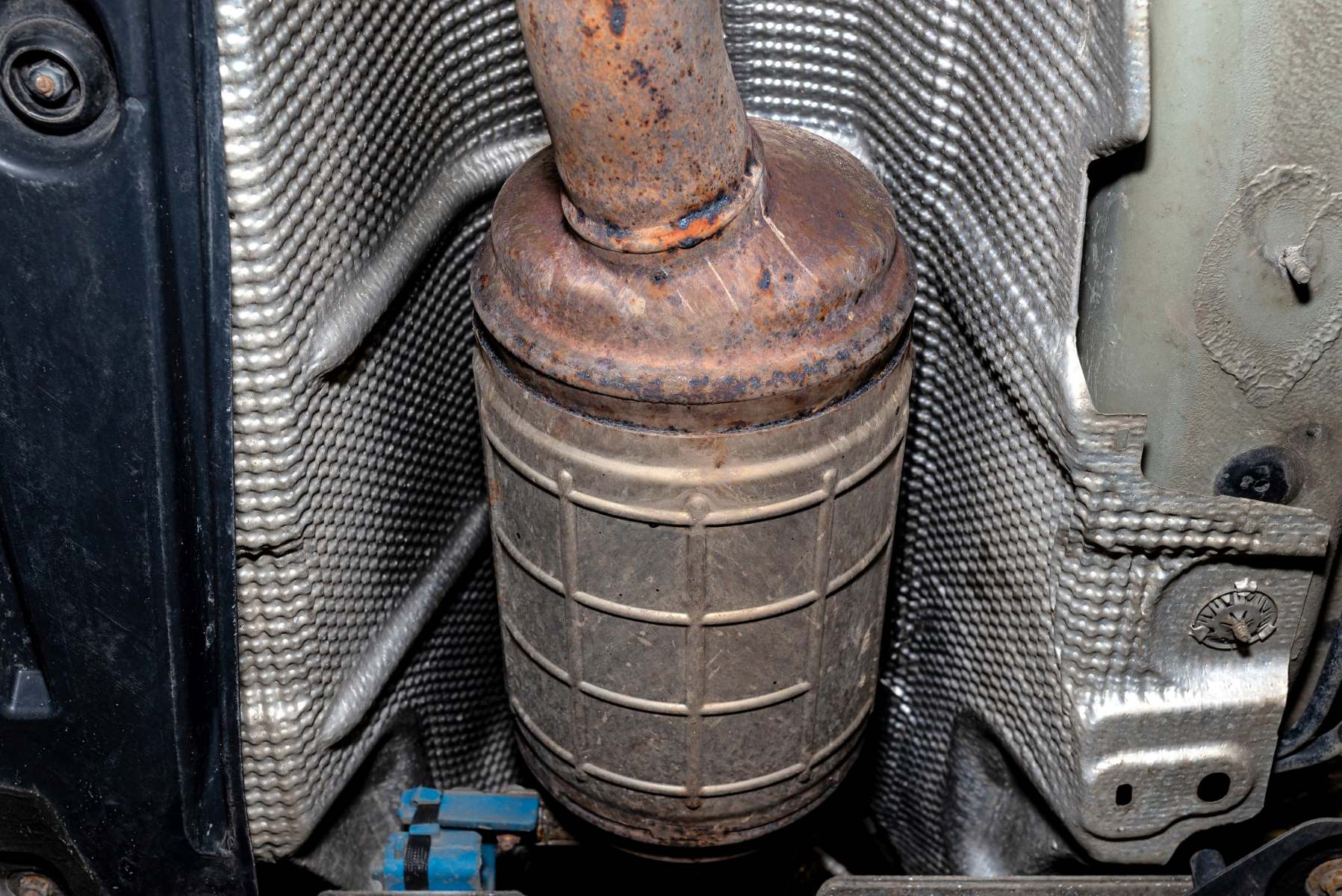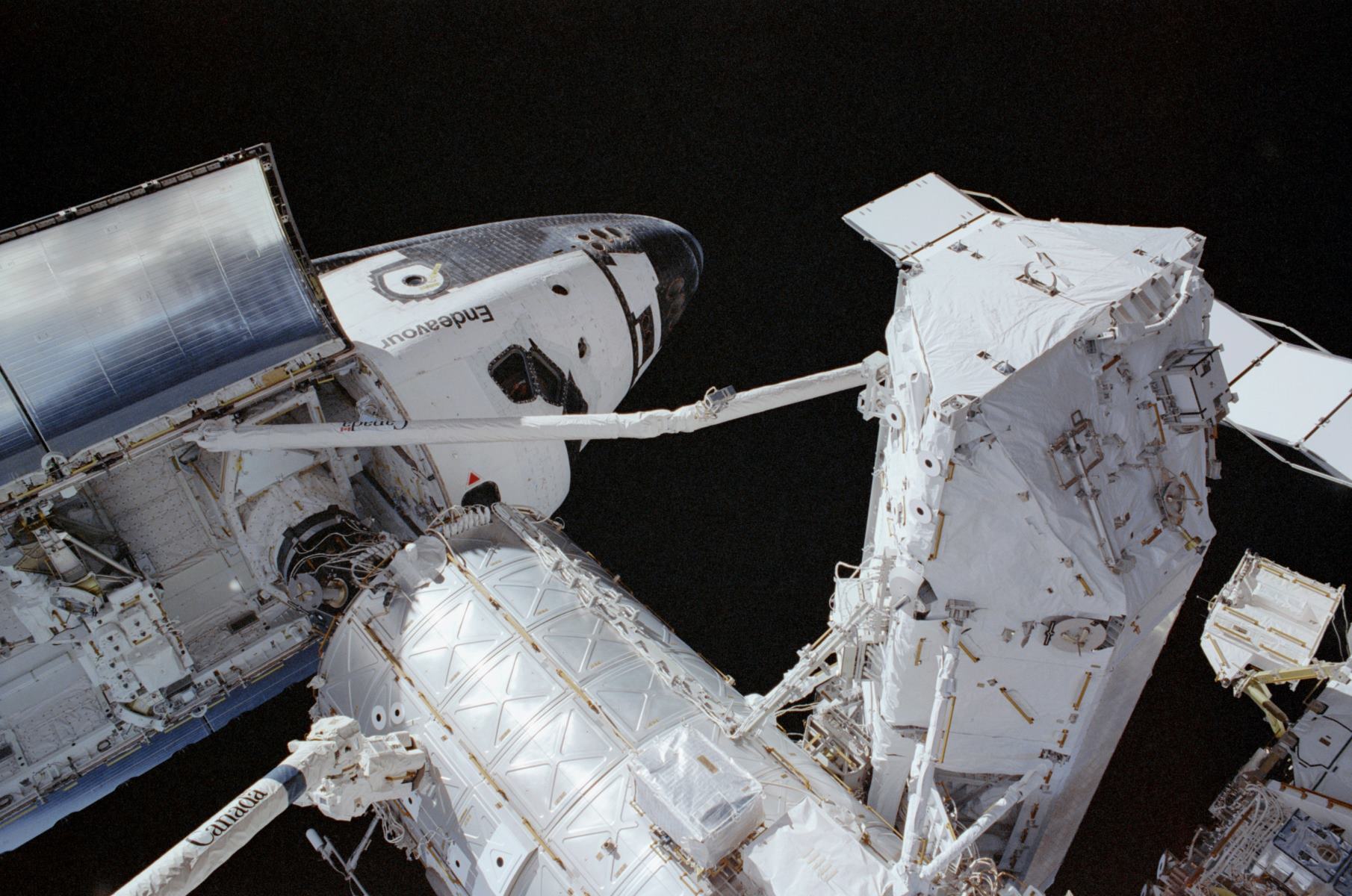Home>Automotive>Mechanic’s Brake Job Fail: Why Are My Brakes Squealing Again?
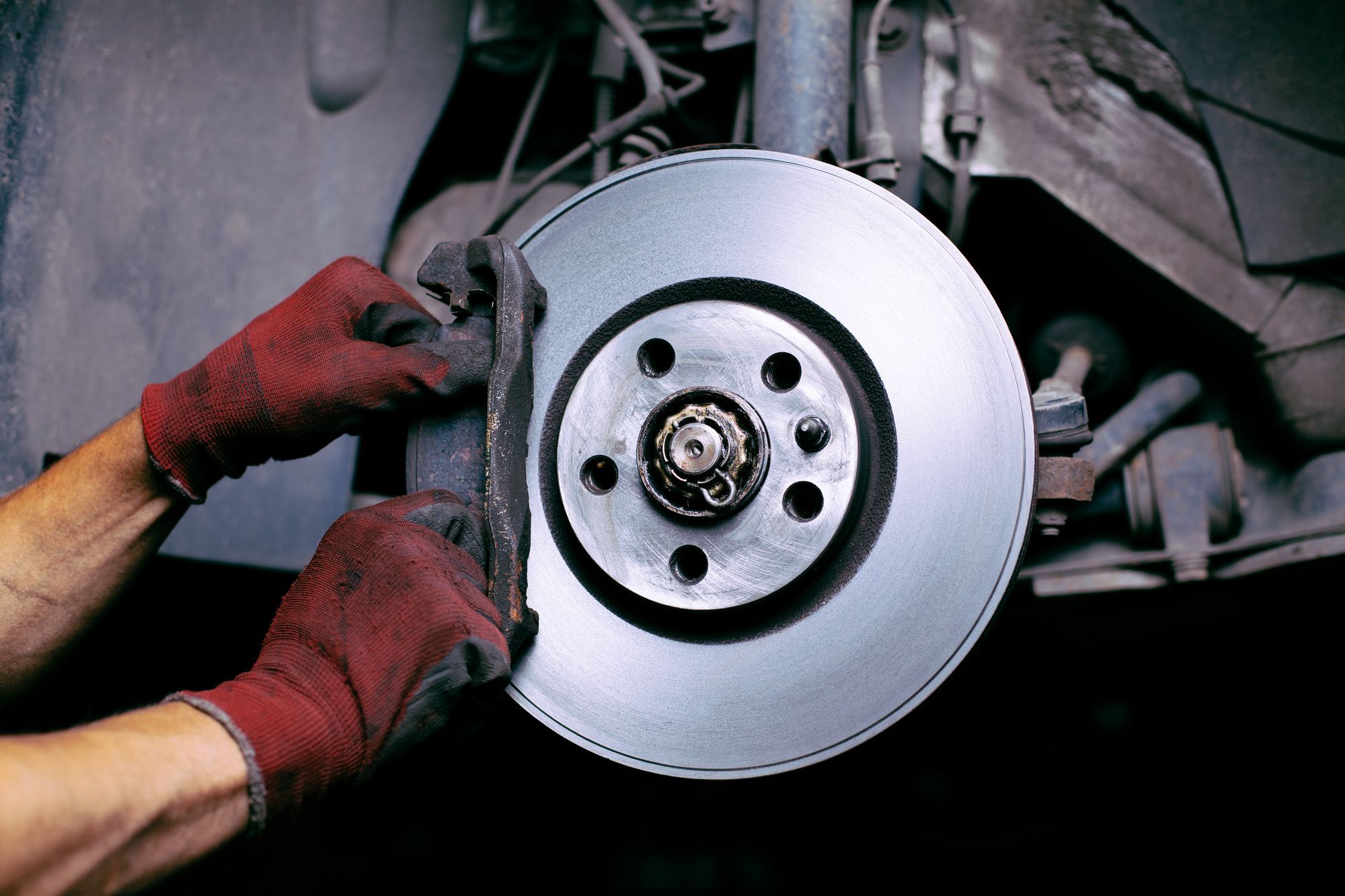

Automotive
Mechanic’s Brake Job Fail: Why Are My Brakes Squealing Again?
Published: January 13, 2024
Experiencing squealing brakes after a mechanic's brake job? Discover common reasons and solutions for automotive brake issues.
(Many of the links in this article redirect to a specific reviewed product. Your purchase of these products through affiliate links helps to generate commission for Regretless.com, at no extra cost. Learn more)
Table of Contents
Introduction
Picture this: You've just picked up your car from the mechanic after getting the brakes serviced, and you're feeling confident that the annoying squealing noise that plagued your driving experience is finally a thing of the past. However, as you press the brake pedal for the first time post-service, that all-too-familiar high-pitched squeal pierces the air, leaving you perplexed and frustrated. What could have gone wrong? Why are your brakes squealing again?
Experiencing brake squealing shortly after a brake job can be exasperating and concerning. It not only disrupts the tranquility of your drive but also raises doubts about the effectiveness of the recent brake service. As a car owner, you rely on your brakes to ensure your safety and that of others on the road, making any unexpected noise a cause for immediate attention.
In this article, we'll delve into the intricacies of brake squealing post-mechanic intervention. We'll explore the common causes behind this frustrating issue and provide insights into identifying the source of the squealing. Furthermore, we'll discuss potential solutions to address the problem, empowering you with the knowledge to effectively communicate with your mechanic and ensure a successful resolution.
So, if you've found yourself in the disheartening situation of post-service brake squealing, fear not. By the end of this article, you'll be equipped with the understanding and guidance needed to tackle this predicament head-on, ensuring that your next brake job leaves you with the peace and quiet you deserve.
Understanding the Brake Job
When contemplating the complexities of a brake job, it's essential to recognize the intricate system that enables your vehicle to come to a smooth and controlled stop. The brake system comprises various components, including brake pads, rotors, calipers, and brake fluid, all of which work in harmony to convert kinetic energy into heat, ultimately slowing down and halting the vehicle.
During a routine brake job, a mechanic typically inspects and, if necessary, replaces the brake pads and resurfaces or replaces the brake rotors. This process is vital for maintaining optimal braking performance and ensuring the safety of the vehicle's occupants and others on the road.
The brake pads, often crafted from a composite material, play a pivotal role in the braking process. When the brake pedal is engaged, the calipers squeeze the brake pads against the rotating brake rotor, generating the friction necessary to decelerate the vehicle. Over time, the friction material on the brake pads wears down, necessitating replacement to maintain effective braking.
Additionally, the condition of the brake rotors is crucial for smooth and quiet braking. If the rotors exhibit uneven wear, scoring, or warping, they can produce vibrations and noise during braking, leading to an unsatisfactory driving experience.
Understanding the brake job entails acknowledging the significance of meticulous inspection, precise installation, and the use of high-quality components. The expertise and attention to detail exhibited during a brake job directly influence the performance and longevity of the brake system. Therefore, when encountering post-service brake squealing, it becomes imperative to assess the quality of the recent brake job and identify potential factors contributing to the unwelcome noise.
By comprehending the intricacies of the brake job, you gain valuable insight into the various elements that could impact the effectiveness and quiet operation of your vehicle's braking system. This understanding serves as a foundation for evaluating the source of brake squealing and formulating informed discussions with your mechanic to address the issue effectively.
Identifying the Source of the Squealing
When confronted with the irksome recurrence of brake squealing following a recent service, pinpointing the source of the noise is paramount. While the high-pitched sound may seem to emanate from the general vicinity of the wheels, a comprehensive assessment is necessary to discern the precise origin of the squealing. Here are the key steps to identify the source of the squealing:
1. Road Test:
Embark on a brief drive to gauge the conditions under which the squealing occurs. Pay close attention to the specific instances when the noise manifests, such as during light or heavy braking, at particular speeds, or when navigating turns. This observation can provide valuable clues about the nature and potential source of the squealing.
2. Visual Inspection:
Park the vehicle in a well-lit area and visually inspect the wheels, brake components, and surrounding areas. Look for any signs of irregular wear on the brake rotors, such as scoring or grooving, which can contribute to brake noise. Additionally, examine the brake pads for uneven wear or indications of contamination, as these factors can lead to squealing.
Read more: Why I’m Terrified Of Mirrors In My Bedroom
3. Brake Component Assessment:
With the wheels removed, assess the brake components, including the calipers, pads, and rotors. Check for proper alignment of the calipers, ensuring they move freely and symmetrically. Inspect the brake pads for sufficient thickness and uniform contact with the rotor surfaces. Furthermore, examine the condition of the brake hardware, such as the shims and anti-rattle clips, to verify their integrity and positioning.
4. Brake System Auditory Evaluation:
Utilize a brake noise detection tool, such as a mechanic's stethoscope, to pinpoint the exact location of the squealing during brake application. This method allows for targeted listening to isolate the source of the noise, whether it originates from the calipers, pads, or other brake components.
5. Consultation with a Professional:
If the source of the squealing remains elusive, seeking the expertise of a qualified automotive professional becomes imperative. A seasoned mechanic possesses the knowledge and diagnostic capabilities to conduct a thorough assessment, utilizing specialized tools and techniques to identify the underlying cause of the brake noise accurately.
By diligently following these steps, you can effectively identify the source of the brake squealing, laying the groundwork for informed discussions with your mechanic and facilitating the implementation of precise solutions to rectify the issue. This proactive approach empowers you to collaborate with your automotive service provider, ensuring that the root cause of the brake noise is addressed comprehensively, ultimately restoring the tranquility of your driving experience.
Common Causes of Brake Squealing
Brake squealing, a pervasive nuisance for many vehicle owners, can stem from various underlying factors, each warranting careful consideration to effectively address the issue. Understanding the common causes of brake squealing is instrumental in diagnosing and remedying the source of the unwelcome noise. Let's delve into the prevalent culprits behind this vexing phenomenon:
-
Pad Glazing: Over time, brake pads can develop a glossy or glazed surface due to prolonged exposure to high temperatures and friction. This glazing diminishes the pads' ability to grip the rotor effectively, resulting in squealing during braking maneuvers.
-
Pad Contamination: The infiltration of foreign substances, such as oil, grease, or brake fluid, onto the brake pads can compromise their frictional properties, leading to erratic braking performance and audible squealing.
-
Worn Brake Pads: As brake pads near the end of their service life, the wear indicators or metal backing plates can come into contact with the rotors, producing a distinctive high-pitched squeal indicative of the need for immediate pad replacement.
-
Rotor Irregularities: Uneven wear, scoring, or surface imperfections on the brake rotors can instigate vibrations and noise during braking, manifesting as persistent squealing that accompanies deceleration.
-
Caliper Issues: Malfunctions or deficiencies in the caliper assembly, such as uneven pressure distribution, stuck caliper pistons, or inadequate lubrication, can engender brake noise, including squealing, as the system operates under suboptimal conditions.
-
Brake Hardware Aberrations: The presence of worn-out or misaligned brake hardware components, such as shims, clips, and abutment hardware, can induce abnormal brake pad movement and create conditions conducive to squealing.
-
Environmental Factors: Environmental elements, such as humidity, moisture, and temperature fluctuations, can influence the frictional characteristics of the brake components, potentially contributing to intermittent or persistent brake squealing.
-
Low-Quality Brake Components: Inferior or substandard brake pads, rotors, or hardware can exhibit diminished performance and durability, predisposing the braking system to noise-related issues, including squealing, even after a recent brake service.
By recognizing these common causes of brake squealing, car owners and mechanics alike can embark on a targeted investigative approach to identify the specific factor precipitating the noise. This comprehensive understanding enables informed decision-making regarding the appropriate remedial actions, whether it involves addressing pad glazing, rectifying caliper abnormalities, or upgrading to high-quality brake components. Ultimately, by acknowledging these prevalent causes, individuals can navigate the resolution of brake squealing with clarity and efficacy, fostering a quieter and more gratifying driving experience.
Solutions to Brake Squealing
Addressing brake squealing necessitates a systematic approach aimed at rectifying the underlying factors contributing to the unwelcome noise. By employing targeted solutions, both car owners and automotive professionals can effectively mitigate and eliminate brake squealing, restoring the tranquility and performance of the vehicle's braking system. Here are the key strategies for resolving brake squealing:
-
Pad Replacement: If brake pad glazing, contamination, or wear is identified as the root cause of the squealing, replacing the affected pads with high-quality, OEM-recommended alternatives is imperative. Fresh brake pads with optimal frictional characteristics ensure consistent and quiet braking performance, mitigating the propensity for squealing.
-
Rotor Resurfacing or Replacement: In instances where rotor irregularities are found to be the source of the noise, resurfacing the rotors to restore smooth and uniform surfaces can alleviate brake squealing. Alternatively, if the rotors exhibit significant wear or damage, replacement with new, properly machined rotors is warranted to eliminate the noise and ensure reliable braking.
-
Caliper Servicing: Addressing caliper-related issues, such as uneven pressure distribution, stuck pistons, or inadequate lubrication, through comprehensive caliper servicing is crucial. This entails inspecting and rectifying caliper abnormalities, ensuring symmetrical movement and consistent pressure application, thereby mitigating brake noise, including squealing.
-
Brake Hardware Inspection and Replacement: Thorough examination of the brake hardware, including shims, clips, and abutment components, is essential. Any worn, misaligned, or damaged hardware should be replaced with high-quality, compatible parts to facilitate proper brake pad movement and mitigate the potential for squealing.
-
Brake System Lubrication: Applying appropriate, high-temperature brake lubricants to designated friction points within the brake system, including caliper slides, pad backing plates, and hardware contact areas, promotes smooth and noise-free brake operation. Adequate lubrication minimizes friction-induced noise, contributing to a quieter braking experience.
-
Quality Component Selection: Opting for superior-quality brake components, including pads, rotors, and hardware, is pivotal in preventing brake noise recurrence. Utilizing OEM-recommended or premium aftermarket components ensures optimal fit, performance, and durability, mitigating the likelihood of squealing and enhancing the overall braking system integrity.
By implementing these targeted solutions, car owners and automotive professionals can effectively mitigate and eliminate brake squealing, fostering a quieter and more gratifying driving experience. These proactive measures not only address the immediate concern of brake noise but also contribute to the long-term reliability and performance of the vehicle's braking system, underscoring the significance of precision, quality, and meticulous attention to detail in brake service and maintenance.
Conclusion
In conclusion, the recurrence of brake squealing following a recent brake service can be a disconcerting and frustrating experience for car owners. However, by understanding the intricacies of the brake job, diligently identifying the source of the squealing, recognizing common causes, and implementing targeted solutions, individuals can effectively address this vexing issue, ensuring a quieter and more gratifying driving experience.
The comprehensive understanding of the brake job, encompassing the vital role of brake pads, rotors, and meticulous installation, serves as a foundation for evaluating the quality and effectiveness of recent brake service. This knowledge empowers car owners to engage in informed discussions with their mechanics, fostering collaborative efforts to rectify any deficiencies and ensure optimal braking performance.
The process of identifying the source of brake squealing involves a systematic approach, encompassing road tests, visual inspections, component assessments, auditory evaluations, and professional consultations. By diligently following these steps, car owners can pinpoint the specific factors contributing to the unwelcome noise, facilitating precise and effective resolutions.
Understanding the common causes of brake squealing, including pad glazing, contamination, worn brake pads, rotor irregularities, caliper issues, brake hardware aberrations, environmental factors, and low-quality components, enables targeted investigative approaches to diagnose and address the root cause of the noise. This comprehensive awareness empowers individuals to navigate the resolution of brake squealing with clarity and efficacy, fostering a quieter and more gratifying driving experience.
Moreover, the implementation of targeted solutions, such as pad replacement, rotor resurfacing or replacement, caliper servicing, brake hardware inspection and replacement, brake system lubrication, and quality component selection, enables car owners and automotive professionals to effectively mitigate and eliminate brake squealing, ensuring reliable and quiet braking performance.
By embracing these insights and strategies, car owners can navigate the resolution of brake squealing with confidence, ensuring that their vehicles deliver the tranquility and safety expected from a well-maintained braking system. Ultimately, the proactive approach to addressing brake squealing not only resolves the immediate concern but also contributes to the long-term reliability and performance of the vehicle's braking system, underscoring the significance of precision, quality, and meticulous attention to detail in brake service and maintenance.
